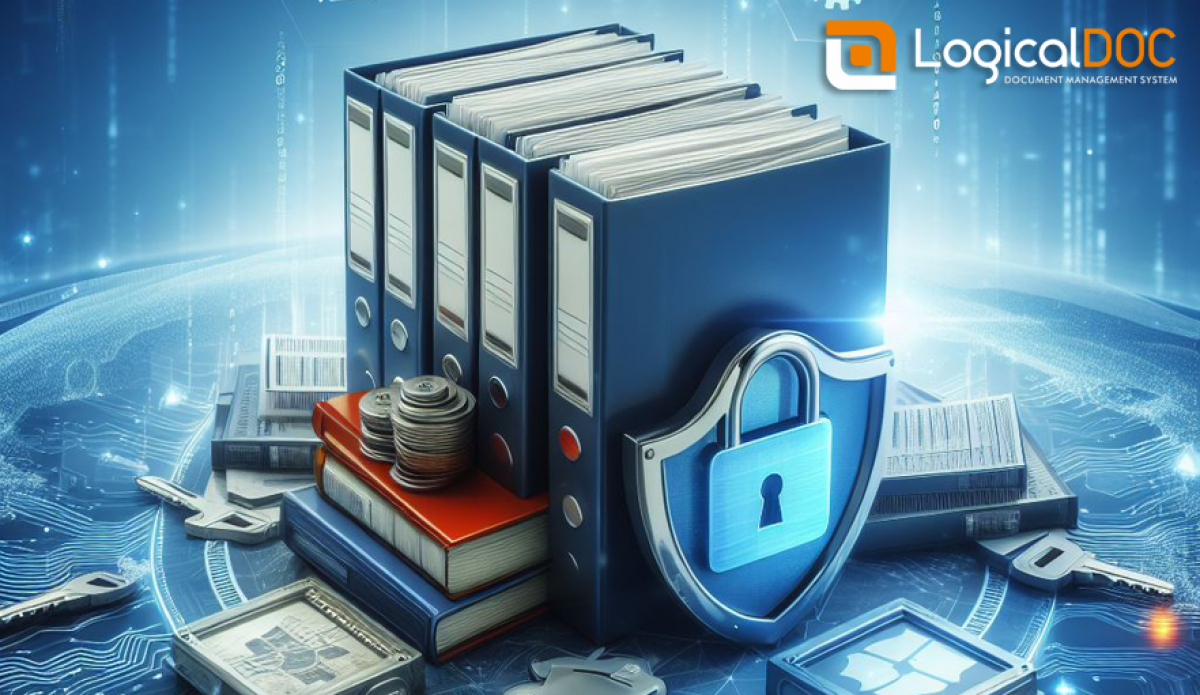Enhancing Document Management: The Critical Role of Resilience and Verification

Document management systems (DMS) are pivotal in facilitating efficient business operations. As enterprises expand their digital footprints, resiliency becomes the cornerstone for ensuring these systems can withstand adverse events without compromising data integrity or security. Platforms like LogicalDOC have risen to prominence by embedding such capabilities within their document management solutions.
Securing Data Integrity
The bedrock of resilient DMS is its capability to maintain the accuracy and consistency of stored documents (Choudhury & Vrontis, 2004). Systems imbued with automated checks prevent data corruption while retaining a clear version history. Features in platforms such as LogicalDOC enable businesses to recover swiftly from disasters through multi-level backup procedures.
These safeguards are further strengthened by ongoing security advancements that have become integral for modern DMS resilience.
Robust Security Measures
As cyber threats evolve, so too must the defenses within a DMS. Tools encompassing robust encryption protocols and access controls ensure that only authorized personnel interact with sensitive documents. Solutions like LogicalDOC utilize sophisticated techniques like SSL encryption during data transfer to enhance security measures further.
Resilient systems also incorporate consistent monitoring for early threat detection—enabling pre-emptive action before vulnerabilities can be exploited.
Leveraging User Education
Not all aspects of resilience revolve around software features; user education plays a significant role in bolstering system robustness. Policies and training ensure users interface appropriately with systems like LogicalDOC, accounting for human-related risks within the document management lifecycle (Holden, 2010).
Educated users adept at utilizing functionality within DMS platforms comply better with protocols aimed at upholding organizational standards concerning information management.
Commitment to Continuous Improvement
The dynamics of technology require continuous evaluation and improvement of document management processes (Kallman & Grillo, 2013). Regular system assessments accompanied by updates aim to adapt functionalities within platforms such as LogicalDOC according to emerging needs and provide remedies against newly discovered insecurities.
Periodic performance reviews facilitate necessary upgrades that not only enhance user experience but also reinforce protection mechanisms inherent in enterprise-grade documentation frameworks.
Conclusion
A resilient document management platform like LogicalDOC serves as an enabler for organizations seeking assurance against document loss or compromise through robust verification tools and built-in contingencies. It is these steadfast attributes—the relentless pursuit of data integrity enhancement, advanced security implementations, and comprehensive user guidance met with an unwavering drive towards technological progression—that fortify business defenses, rendering them impervious against disruptions both predictable and unforeseen.
With concerted efforts focused on continuous improvement strategies paired with a versatile suite of verification options, DMS offerings exemplify an indispensable asset on which enterprises rely heavily—securing not just their information repositories but their operational essence itself in perpetuity.
References:
Vrontis D., “Integrating Adaptation and Standardisation in International Marketing: The AdaptStand Modelling Process”
Holden R.T., "People or Systems? To blame is human. The fix is to engineer." Professional Safety, vol.55 no.12 December 2010.
Kallman E.A., & Grillo J.P., "Ethical Decision-Making: A Provenance Perspective".



